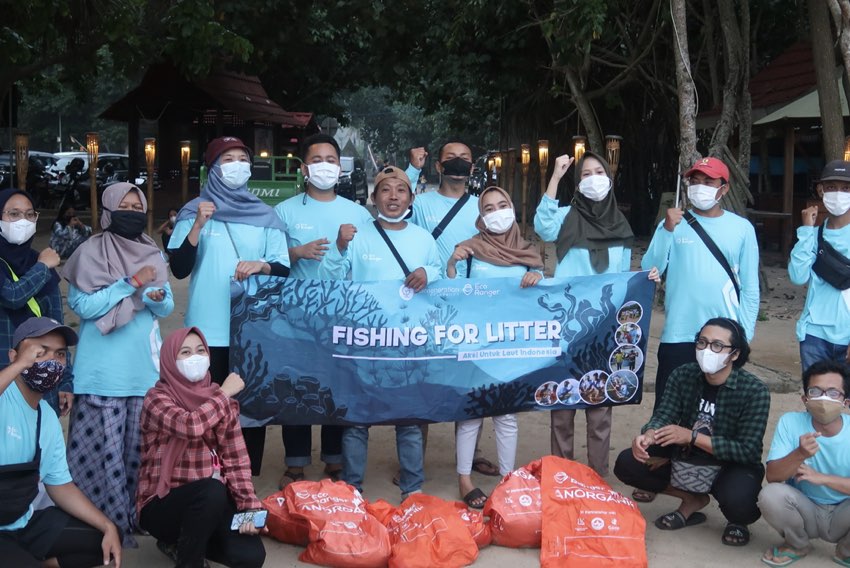Improving Ship Waste Management in Chinese Commercial Ports
No fewer than even out of the ten largest seaports worldwide are in China. Shanghai and Tianjin ports are among them, and handle 2.4 million ships every year. Ships in operation generate waste such as oils, garbage (plastic), sewage and other hazardous materials.
Video on the pilot
The management of this waste has become more and more important when it comes to the protection of the marine environment. Too often, ship waste ends up in the ocean. Research at the Tianjin port revealed that only 20-30% of incoming ships unload their waste onshore. There are a number of reasons for this, and European experience shows that often the lask of economic incentives for waste delivery together with unclear roles and responsibilities plays an important role.
To promote the reception and correct disposal of ship waste at Chinese ports, we recommended adapted standards and best practices from European ports to the Shanghai and Tianjin ports. We summarised our experiences and submitted our suggestions and policy recommendations to relevant government departments for replication and thus for greener and more competitive ports throughout China.
WHAT HAVE WE ACHIEVED IN 14 MONTHS?
1. Better planning for improved ship waste management
All waste related processes – such as collection procedure, processing capacities, responsibilities, requirements and contact points – were assessed at the ports of Shanghai and Tianjin. We identified the inconsistencies and made suggestions that were based on ship waste management in European ports. Among the suggestions, we recommended making waste notification mandatory for ships before arrival, and to establish clearer roles and responsibilities. Based on this, both ports developed a ship waste management manual. In Shanghai, a ship sewage reception facility was built; while in Tianjin, a hazardous waste operator signed an agreement to collect and treat all oily waste. This and other transition systems ensure the proper handling of ship waste on land. We compiled our experiences and disseminated these to other ports in China to show how ports can receive and process all pollutants from ships in an environmentally safe and cost-effective way.

“Efficient and sustainable ship waste management requires a clear division of roles and responsibilities and close cooperation between all stakeholders involved in ship waste management, among them ships, ports and cities. Together, they can create joint efforts to reduce marine litter.”
Professor Lin Ning, Director of Marine Archives, National Marine Data & Information Service
2. Financing ship waste management
Once the ports have sufficient capacity to receive ship waste, it is important to motivate to actually use the system in place, instead of dumping waste at sea. European experience shows that the use of indirect waste fees is a very efficient tool. Ships pay the fee regardless of their waste delivery.
“It is recommended that ships are encouraged to deliver the waste generated to ports. There it is integrated to municipal waste treatment systems, so that the impacts on the marine environment can be minimised”
Han Zhaoxing, Section Chief of Planning and Assessment, Department of Environment & Resources
Transport Planning and Research Institute, Ministry of Transport
WHAT CAN WE RECOMMEND TO PORTS IN CHINA?
- Preparate a ship waste management plan.
- Carry out research on the types of ship pollutants that are generated. Improve the ship waste facilities and increase the reception capacity. Make it mandatory for all ships to deliver all waste, unless there is evidence of enough storage space on the ship to move the the next port of call.
- Introduce a cost-recovery system and explore the implementation of an indirect charging model to motivate the ships to deliver waste actively.
- Improve information sharing and establish efficient and clear communication lines between all relevant stakeholders. Ship Waste Management is a complicated affair and only if all stakeholderrs are involved sustainable solutions can be obtained. Raise the awareness among stakeholders and encourage their participation in ship waste management.
Implemented by: Transport Planning and Research Institute (TPRI), Ministry of Transport (MOT); National Marine Data & Information Service (NMDIS)


